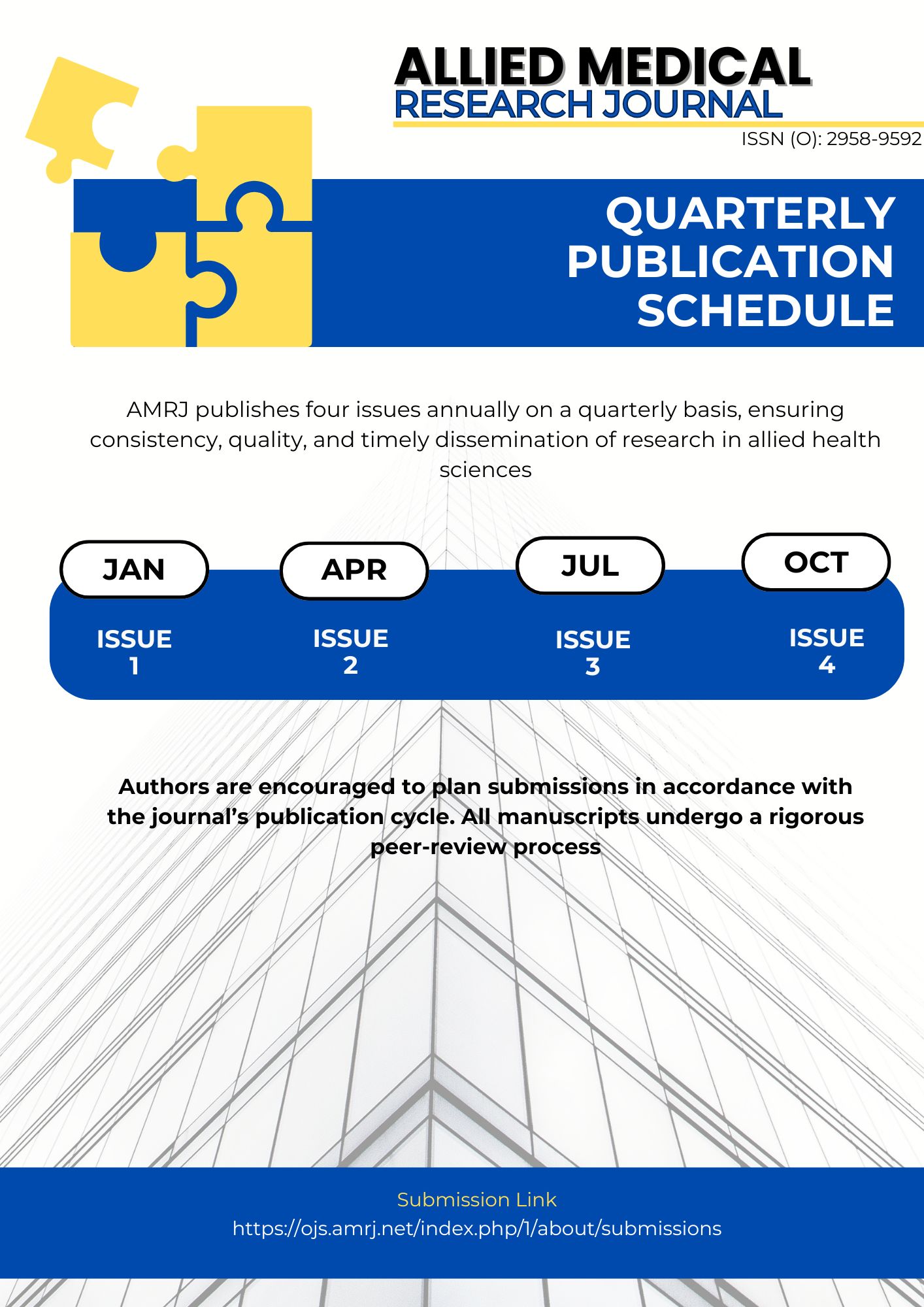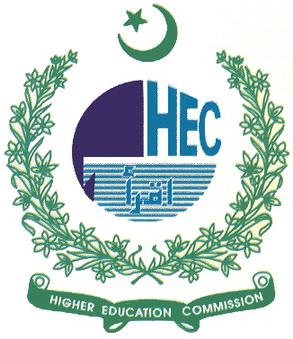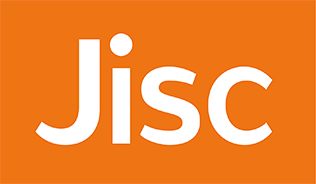For Reviewers
Message for Reviewers
"We are grateful to the scholars who volunteer their time to peer-review manuscripts submitted to AMRJ. Peer review is essential for maintaining high publishing standards." ARMJ Editorial Team
Profile and Responsibilities of Reviewers
Reviewers play a critical role in ensuring academic integrity. Here are the key responsibilities:
- No conflicts of interest with the contributors.
- Hold an MS/MPhil/PhD or equivalent degree.
- Have relevant experience and a publication record in the field.
- Maintain a legitimate academic affiliation.
Benefits to Reviewers
AMRJ values its reviewers and offers these benefits:
- Personalized reviewer certificate.
- Reviewers can register with ORCID, linking their reviewing activities to their profile.
- Reviewer reports and recommendations are acknowledged.
What Should Be Evaluated in the Reviewer’s Report?
Reviewers are expected to provide a structured and comprehensive evaluation of the manuscript, covering the following areas: relevance to the journal’s scope, originality and novelty of the research, scientific soundness of methodology, validity of data analysis, clarity and replicability of procedures, identification of technical or factual errors, assessment of ethical compliance including plagiarism and conflicts of interest, and overall academic presentation including language quality, logical structure, figures, tables, charts, and proper referencing.
A standardized comprehensive reviewer evaluation checklist will be automatically provided to reviewers through the online journal management system at the time of manuscript assignment to ensure uniformity, transparency, and completeness of peer-review reports.








